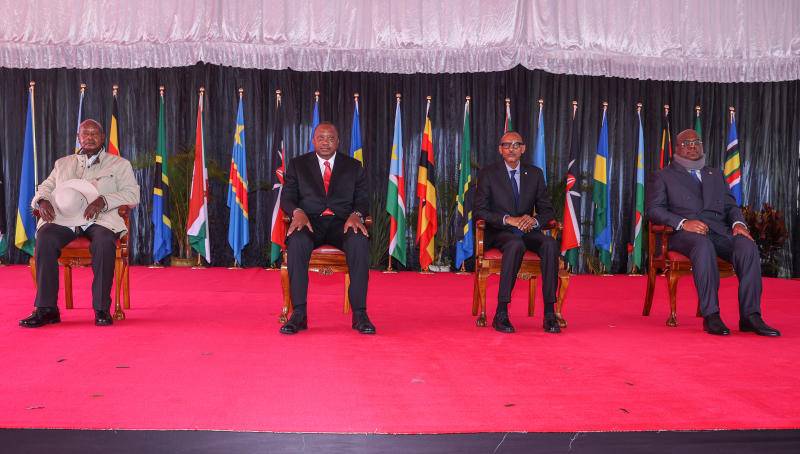×
The Standard e-Paper
Smart Minds Choose Us

Diplomat Abba Eban once accused Palestinians of “never missing an opportunity to miss an opportunity” to resolve their long-standing conflict with Israel.
The object of his fury was the many momentous truce opportunities squandered when abiding peace in that part of the world was what everyone wanted. There can never be palm trees without sand. That’s just how life is wired. Leaders and nations can’t waste chances of a lifetime to make a difference – socio-economic or political then hope for glory in the end.







